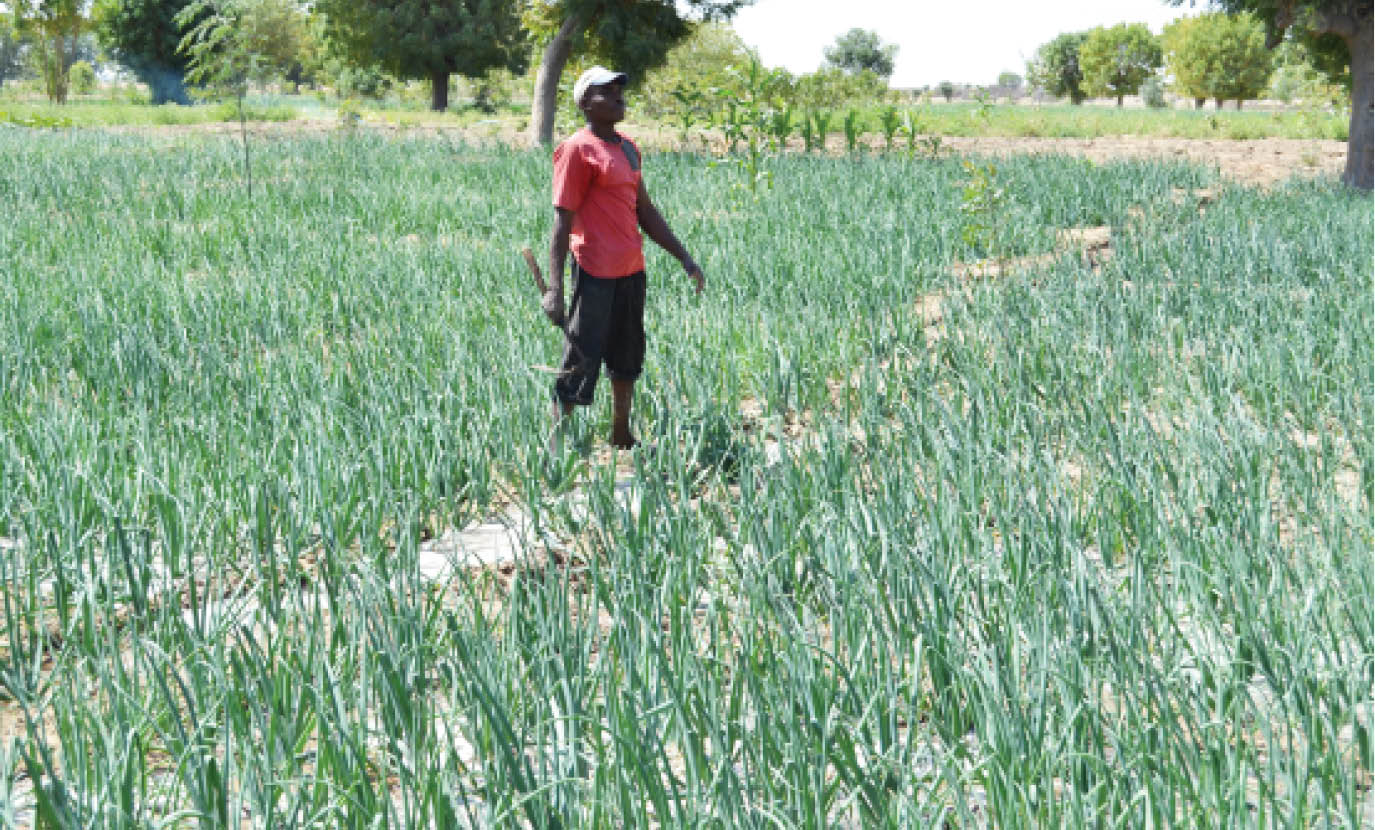‘Why Nigeria’s agric funding failed’
Stakeholders in open governance and administration have said that the failure of various interventions by the federal and state governments, as well as other local and international interventions was largely caused by the beneficiaries, rather than the government. They said this on Wednesday in Abuja at an Open Government Partnership Sensitization Engagement with State and […]

File Photo
Stakeholders in open governance and administration have said that the failure of various interventions by the federal and state governments, as well as other local and international interventions was largely caused by the beneficiaries, rather than the government.
They said this on Wednesday in Abuja at an Open Government Partnership Sensitization Engagement with State and Non-State Actors in Nasarawa State, organised by the Oxfam in Nigeria, African Centre for Leadership, Strategy and Development (Centre LSD) and MacArthur Foundation among others.
It was themed: “Developing a Roadmap for Open Governance in Nasarawa State”.
Speaking on the matter, the Nasarawa State Coordinator of the Small-Scale Women Farmers Organisation in Nigeria (SWOFON), Mrs. Susan Godwin, said that the challenges in the agric sector persist because the government and the ‘big’ companies do not carry the farmers along in the core negotiations at the detriment of the famers, especially the small scale farmers.
She lamented that the big companies often forced farmers to sell all their harvests when the farmers prefer to keep some for the ‘raining days’ so that they can have savings and other plans.
On her part, the National Advocacy Project coordinator at Oxfam in Nigeria, Saratu Abiola, said that while the established agro-economic companies and investors offered some assistance to the farmers, especially the small-scale farmer, the farmers could have earned more if the deals were open and competitive.
Also, the Nasarawa State of Finance, Budget and Planning, Haruna Adamu Ogbole, said that it is important to address the issue of value chain, especially that many people still don’t believe in government in relating to public utilities.
“Government have nice intervention policies and as you hear from some of the participants, where government would buy spraying machine for people to use. The moment they were given, they sell it.
“For me, the way forward is to have the public private partnership (PPP). The government should just subsidise and the farmers should bring in those that can stand for them. Once it is private driven, it would move forward and many of the challenges would be addressed.
“There was also the issue of FADAMA in Nasarawa State, where a former Governor Akwe Doma, purchased tractors and given to individuals. Till today no kobo has been received from those individuals and this has become a burden on the state,” Ogbole said.
